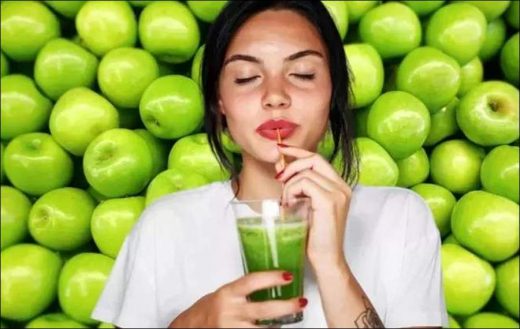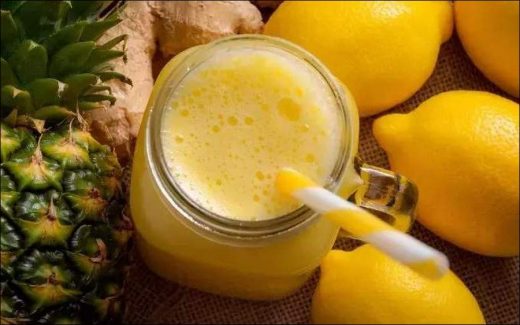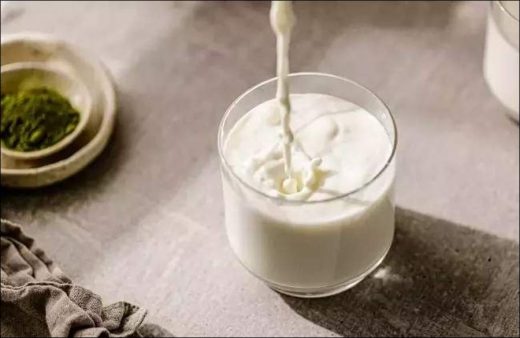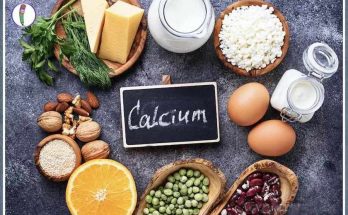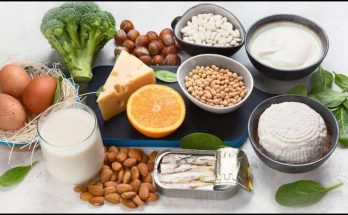Excessive edema accumulation during the summer months is among the most common complaints. Edema, also known as fluid retention, is swelling caused by the accumulation of abnormally large amounts of fluid in the spaces between body cells or in the circulatory system. It is most common in the feet, ankles and legs. It can also affect the eyes, face, brain and hands. Pregnant women and older adults often face the problem of edema. So, how to get rid of edema? Here are nature’s miracle edema-relieving foods…
edema, edema relieving foods, edema accumulation, circulatory system, health problems, why edema happens, blood pressure, blood vessel, blood clots, varicose veins, antioxidant foods, refined foods, trans fatty acids, healthy cooking oils
Edema, which causes bloating, often increases its effect in the summer months and on women’s special days. Although edema may not seem like a health problem at first, widespread, long-lasting edema may indicate a serious underlying health problem. So, how to get rid of edema naturally? Here is the list of foods that cause edema and reduce edema.
Why Edema Happens?
Some of the following factors may cause edema:
— Sitting or standing for long periods of time
— Hormonal changes during menstruation and pregnancy
— Infection or injury to a blood vessel, blood clots, or varicose veins
— Blocked lymph channels (lymphedema)
— Allergies to food or insect bites
— Kidney, heart, liver or thyroid disease
— High or low blood pressure
— Eating salty foods
— Brain tumor or head trauma
— Exposure to high altitudes or heat, especially when combined with heavy physical exertion
How to Remove Edema?
The following nutritional and herbal supplement guidelines may help relieve edema, but the underlying cause must be addressed. Let your healthcare provider know about complementary or alternative treatments you are considering. If you are pregnant or thinking about becoming pregnant, do not use any supplements unless directed to do so by your doctor.
Foods That Cause Edema and Excretion
Reduce salt intake. If you use diuretics, your doctor should give you special instructions regarding salt intake.
Eat foods high in B vitamins and iron, such as whole grains (unless allergies), dark leafy greens (like spinach and kale), and sea vegetables. If you are taking certain diuretics, your provider may give you special instructions about including different nutrients in your diet, such as potassium and/or potassium restrictions. Potassium is found in many vegetables. Strictly follow your provider’s instructions.
Eat antioxidant foods like blueberries, cherries, tomatoes, squash and peppers.
Avoid refined foods such as white bread, pasta and sugar.
Eat natural diuretic vegetables such as asparagus, parsley, beets, grapes, green beans, leafy greens, pineapple, zucchini, onions, leeks and garlic. Some of these foods may interact with diuretic medications.
For protein, eat less red meat and more lean meats, cold-water fish, tofu (soy if you’re not allergic), or beans.
Use healthy cooking oils like olive oil.
Reduce or eliminate trans fatty acids found in commercially baked goods such as cookies, crackers, cakes, french fries, onion rings, donuts, processed foods and margarine.
Avoid alcohol and tobacco.
Do light exercise 5 days a week if your healthcare provider says you can.
Visits: 30
